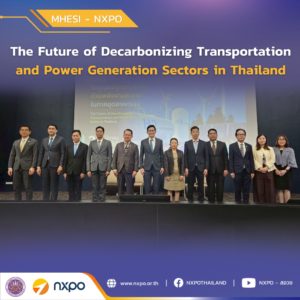On 26 March 2025, Dr. Surachai Sathitkunarat, President of NXPO, participated in the 2025 Annual Conference of the National Science and Technology Development Agency (NAC2025) at the Thailand Science Park. The conference, themed “AI-driven Science and Technology for Sustainable Thailand,” featured a seminar titled “Shaping the Future: AI Concepts and Innovations for a Low-Carbon Economy,” where Dr. Surachai served as a speaker.
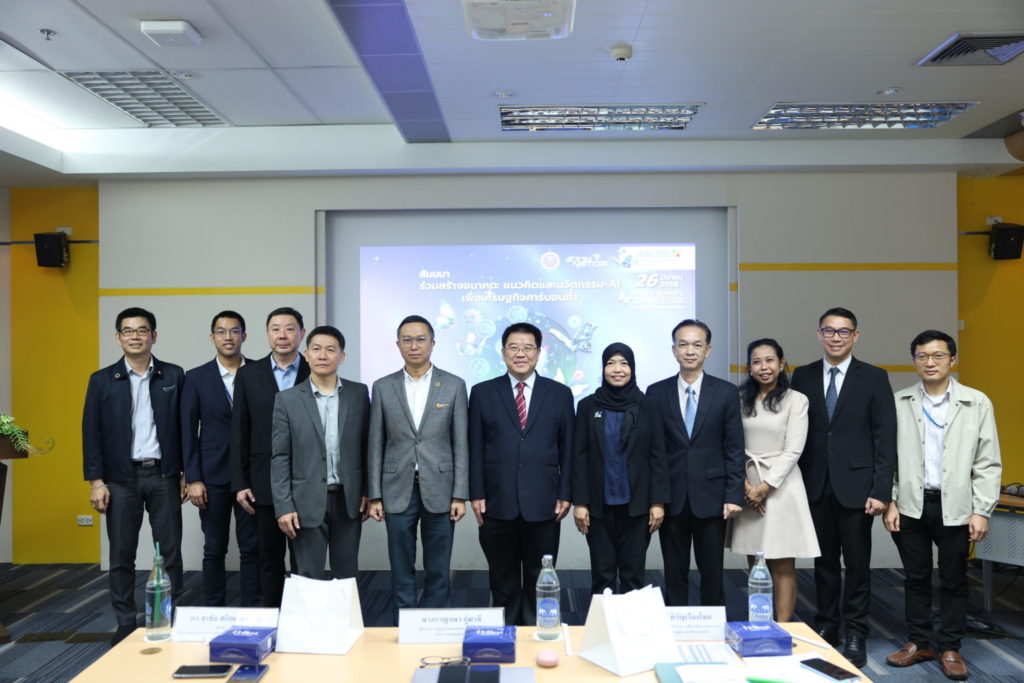
Dr. Surachai emphasized that climate change is no longer just an environmental concern but also a critical economic issue, driving the private sector to prioritize sustainable solutions. As Thailand’s National Designated Entity (NDE) for climate technology under the United Nations Framework Convention on Climate Change (UNFCCC), NXPO plays a central role in advancing climate innovation. The agency also leads Thailand’s Technology Needs Assessment (TNA) in collaboration with key stakeholders and industries, with support from the Global Environment Facility (GEF).
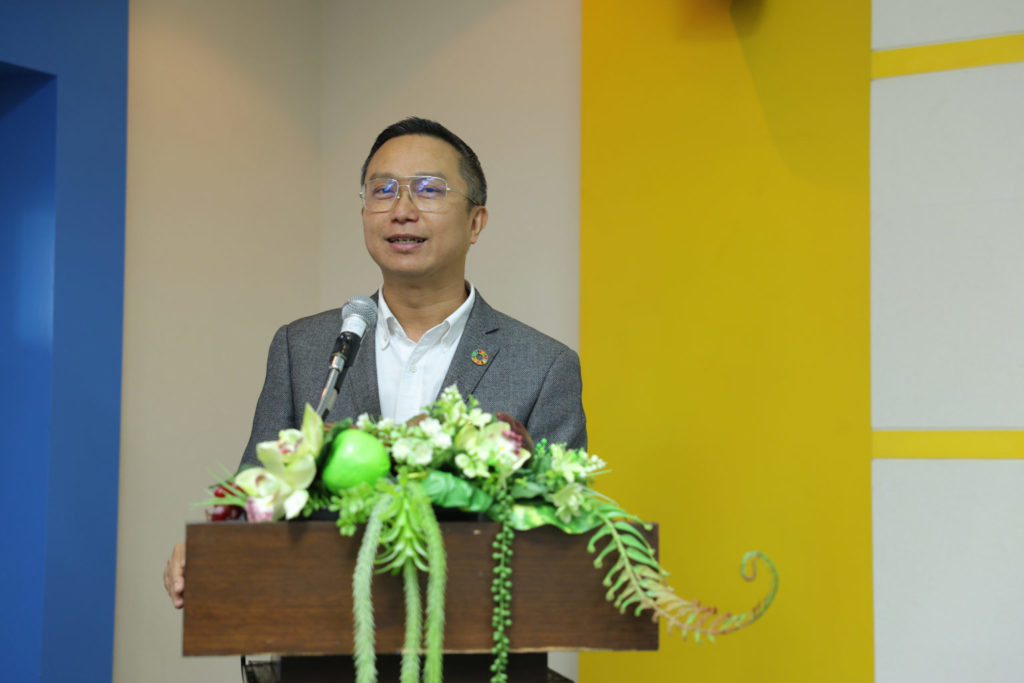
NXPO’s policy priorities for 2023–2027 focus on: 1) Strengthening the innovation-driven economy by supporting the establishment of 1,000 innovation-driven enterprises (IDEs), each generating an average annual revenue of 1 billion THB; 2) Reducing inequality and boosting the grassroots economy through higher education and science initiatives, benefiting 1 million people; 3) Supporting greenhouse gas reduction by 10 million tons of CO2 equivalent; and 4) Increasing the proportion of high-skilled workers to 25%, aligning with developed countries. To accelerate Thailand’s climate action, NXPO has been working with the Department of Climate Change and Environment (DCCE) to develop a national action plan, integrating greenhouse gas mitigation and emission reduction efforts across sectors.
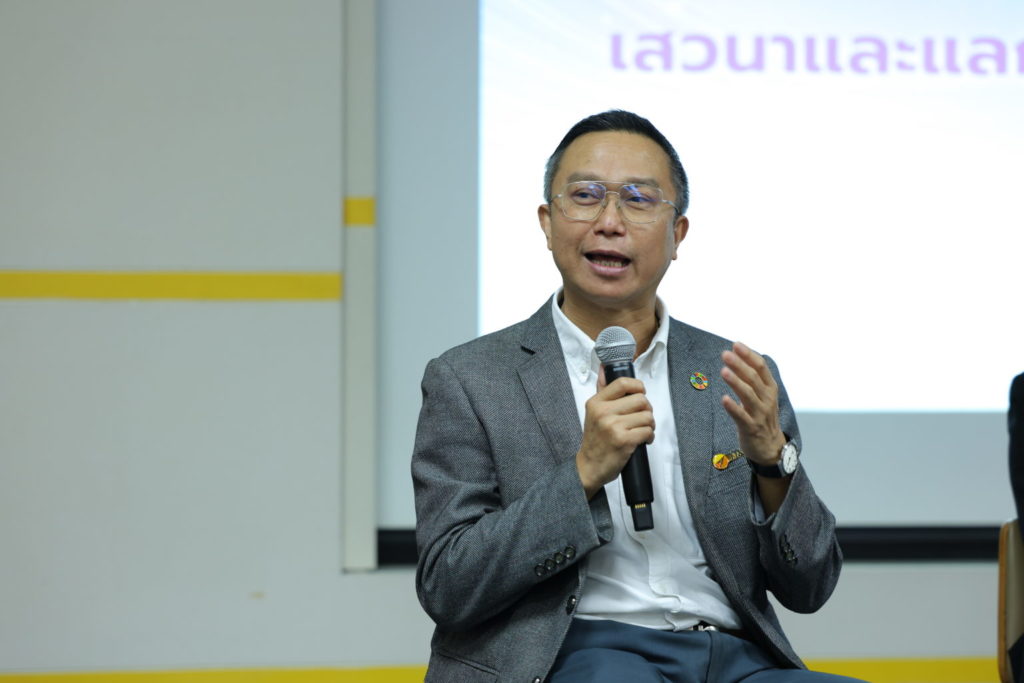
Key technologies and mechanisms driving a low-carbon economy and Thailand’s net-zero transition include: 1) Renewable Energy, 2) Energy Efficiency, 3) Circular Economy, 4) Electric Vehicles & Batteries, 5) Carbon Capture, Utilization, and Storage (CCUS), 6) Low-Carbon Agriculture & Forestry, and 7) Hydrogen.
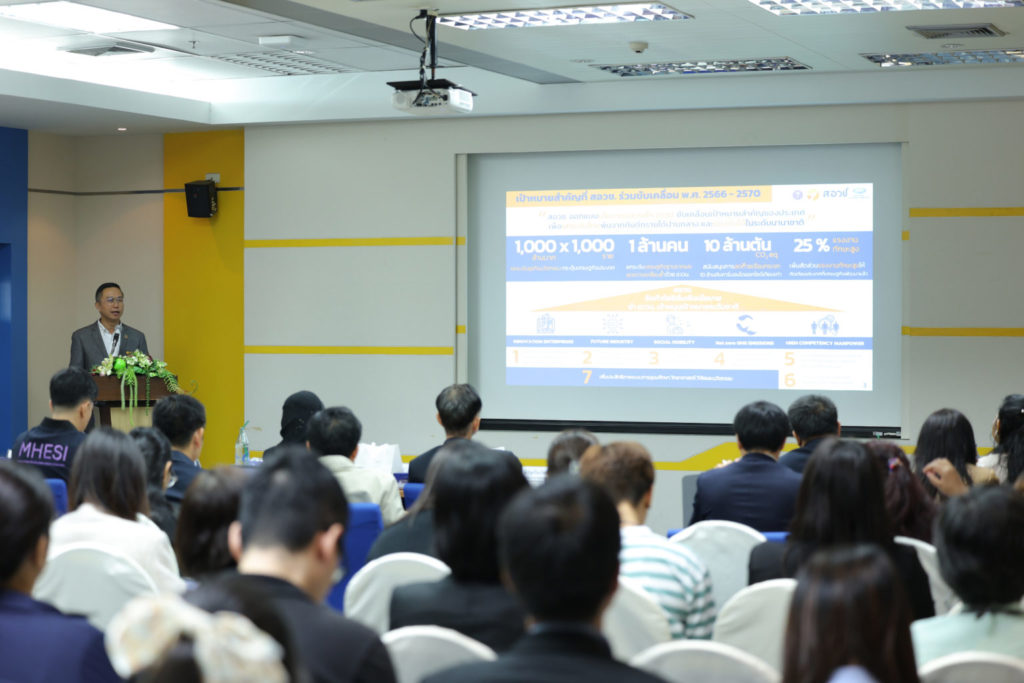
Dr. Surachai also noted that global tech leaders and Thai enterprises are increasingly adopting AI-driven solutions to enhance sustainability. In Thailand, AI is being applied across various sectors, including energy management, transportation and logistics, waste management, manufacturing, agriculture, forestry, and land use. At NXPO, AI has been integrated into various initiatives, such as the assessment of BCG enterprises under the BCG Model Industry Project and a feasibility study on using blockchain technology for real-time climate risk insurance in Thailand’s agricultural sector.
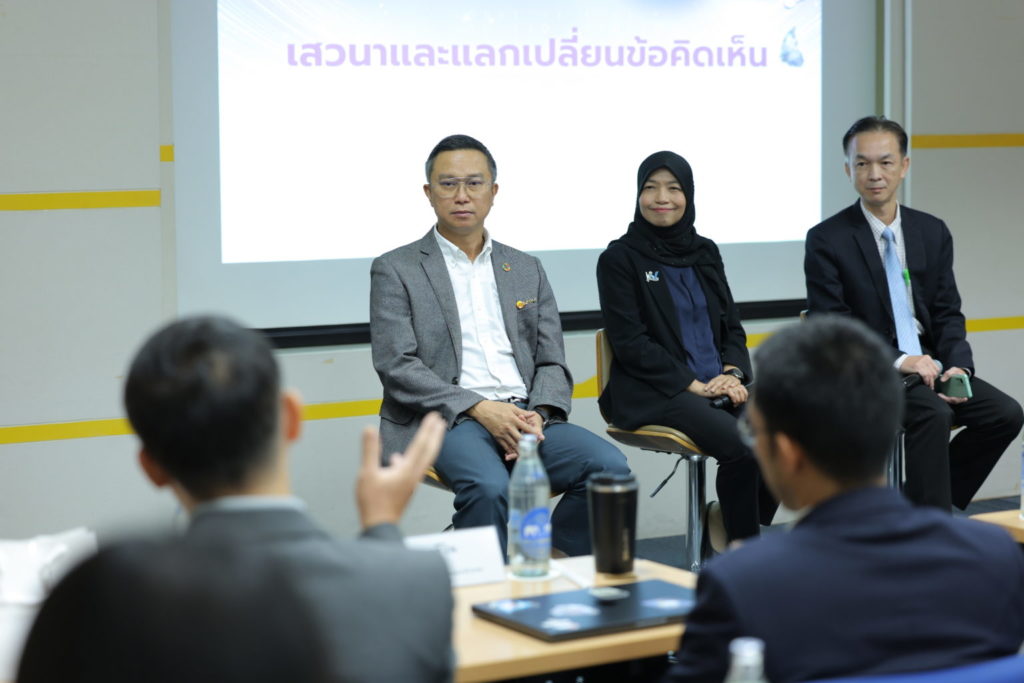
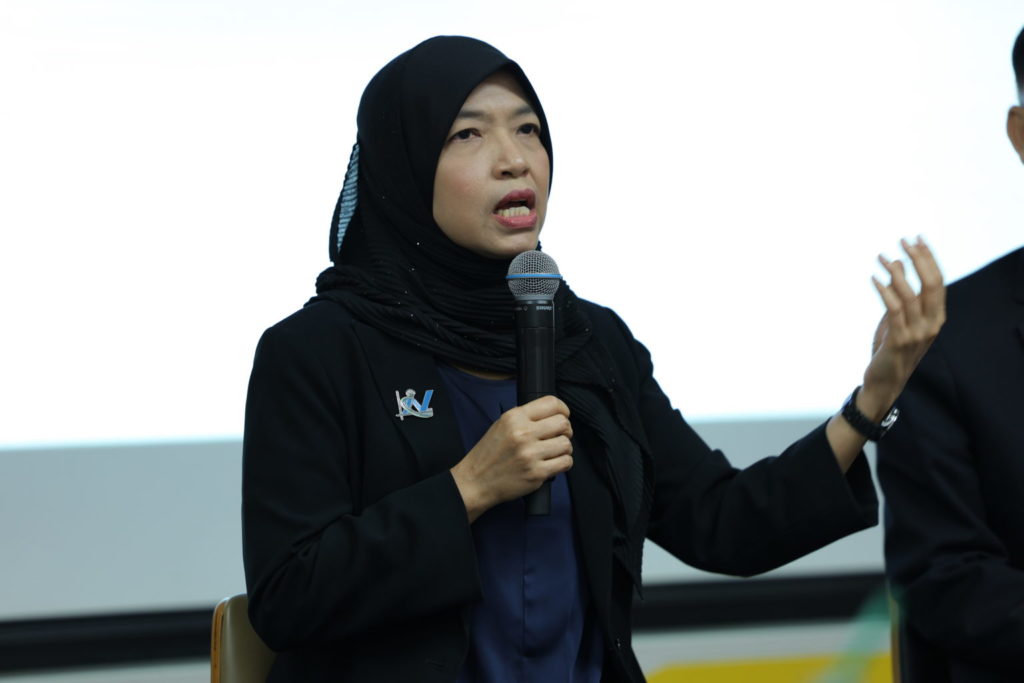
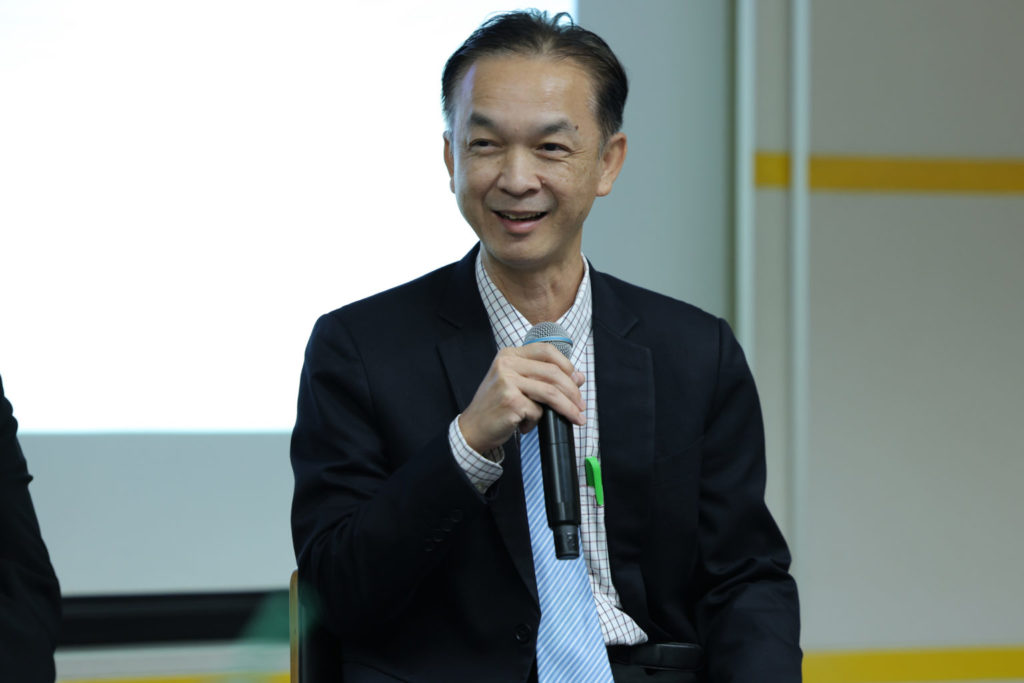
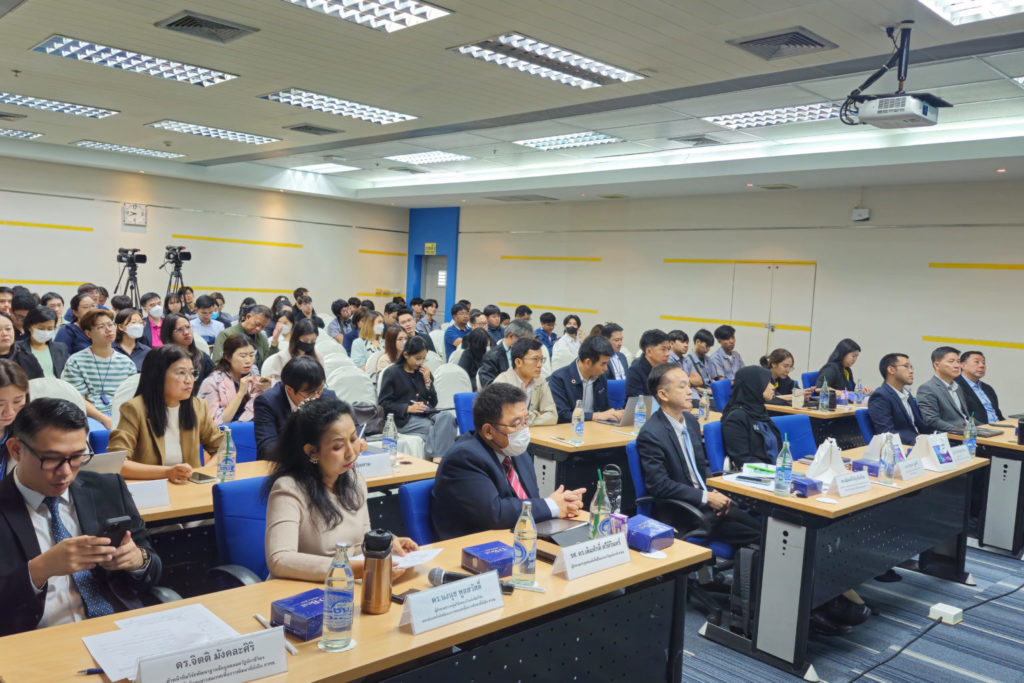
Dr. Surachai concluded his talk by outlining key challenges in adopting AI for a low-carbon economy. These challenges are: 1) Insufficient availability and quality of data, 2) Shortage of AI expertise and technical skills, 3) High implementation costs, 4) Equity and inclusion concerns, and 5) Outdated policies and regulations.




